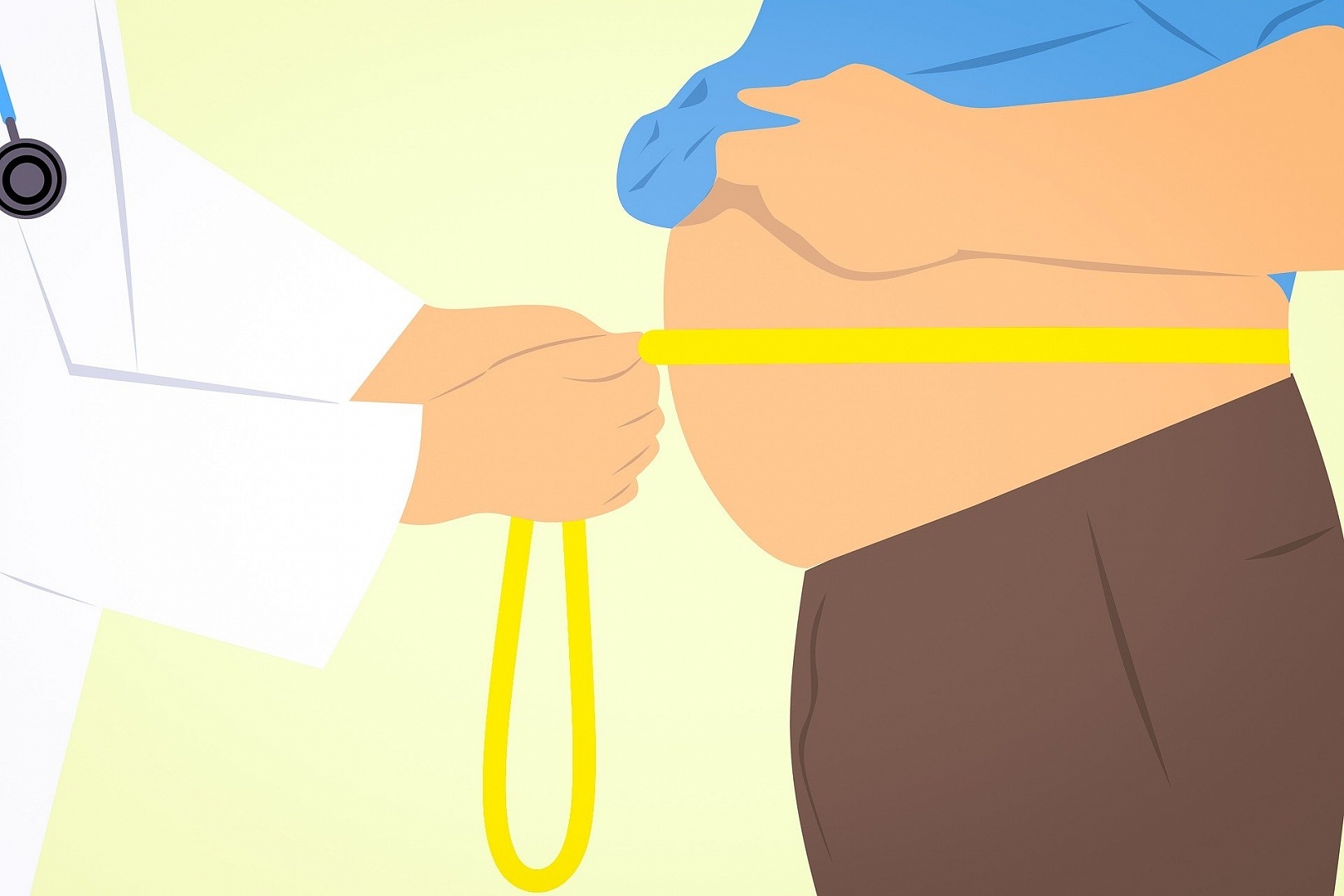Obesity is preventable!


Since 1975, the number of obese people in the world has tripled! In 2016, over 1.9 billion adults (39%) were found to be overweight, of which over 650 million were obese (13%). Most of the world’s population lives in countries where being overweight or obese results in more death than is caused by malnutrition. Unfortunately, adults aren’t the only group that is being affected by this problem. In 2016, 41 million children under the age of 5 and over 340 million children and adolescents aged 5-19 were overweight or obese. It is important to realize that excessive fat accumulation in the body has adverse effects on both the individual function of internal organs as well as systemically, the entire body itself.
What is overweight and obesity?
Overweight and obesity are terms used to describe an abnormal or excessive accumulation of fat in the body that is detrimental to human health. A simple Body Mass Index (BMI) is a metric used to categorize the weight class of adults. It is the ratio of body weight (kg) to height (in square meters – m2).
BMI is the most useful metric for the general population. For adults, the reference ranges are identical for both genders, irrespective of age.
WHO (World Health Organization) defines these terms as:
- Overweight – BMI ≥ 25 kg/m2
- Obesity – BMI ≥ 30 kg/m2
What are the causes of being overweight or obese?
The most important reason for an excess in body weight is the imbalance between the amount of calories consumed and the amount of calories burned. It results from:
- an increased consumption of high-calorie, processed, fat-rich foods
- reduced physical activity caused by a sedentary lifestyle
What are the negative effects of being overweight and obese on our health?
Increased BMI is an important risk factor for the emergence of diseases in many of our body’s organ systems.
- The cardiovascular system: it contributes to the development of ischemic heart disease (clogged heart vessels), heart attacks, hypertension (high blood pressure), strokes, varicose veins, among others.
- The musculoskeletal system: it contributes to the development of osteoarthritis and gout.
- The respiratory system: it contributes to the development of obstructive sleep apnea (and its subsequent health consequences) and asthma.
- The reproductive system: it contributes to the development of fertility disorders and difficulties in staying pregnant, sexual dysfunction (such as erectile dysfunction in men), among others.
An increased body weight also contributes to the development of metabolic disorders, such as:
- Type 2 diabetes
- Dyslipidemias (increased levels of “bad” LDL cholesterol, increased levels of triglycerides, decreased levels of “good” HDL cholesterol). This plays an important role in the development of cardiovascular disease.
The health problems that result from from an excess amount of fat in the body, poor diet and high blood sugars increase the risk of many cancers, especially:
- endometrial,
- breast,
- ovarian,
- prostate,
- liver,
- gallbladder,
- kidney,
- large intestine (bowels).
The susceptibility to infections also increases; both those acquired outside of the hospital as well as in the time period before and after surgery.
Obesity is also linked to dementia or cognitive impairment. Finally, an obese person will often encounter social stigma that may lead to depression.
Remember that the risk of developing diseases increases with a higher BMI!
Childhood obesity increases the risk of adulthood obesity, premature death and disability. In addition, obese children may experience respiratory problems, an increased risk of bone fractures, high blood pressure, insulin resistance, and psychological issues.
Does obesity shorten your life?
Yes! Studies have shown that obese people die at a younger age compared to people with a normal body weight. The risk of death increases with increasing body weight. The degree of risk also depends on the duration of obesity and associated diseases.
In addition, people with so-called “central obesity” (a normal BMI, but excess abdominal fat), may be at risk of premature death. It is therefore important to monitor your waist circumference – for men the upper limit is 94cm, for women 80cm.
Ways to counter being overweight or obese
First of all, it’s important to remember that both obesity or being overweight CAN be prevented.
The changes should start at home. It is worthwhile to:
- Limit the consumption of products rich in fats and carbohydrates (i.e. high-calorie snacks including chips, fries, sweets, and many others), while increasing your daily intake of fruit and vegetables, including legumes, whole grains and nuts. Remember that at the end of the day, “you are what you eat!”
- Increase the amount of physical activity: the minimum recommendation is 250 minutes of moderate intensity activity per week. Remember to start gradually and build up slowly. Please consult a physician if you have never exercised or you have any chronic conditions.
- Lead a healthy lifestyle: quit smoking and reduce the amount of alcohol that you consume.






